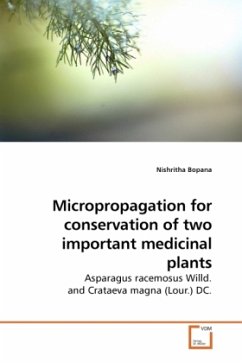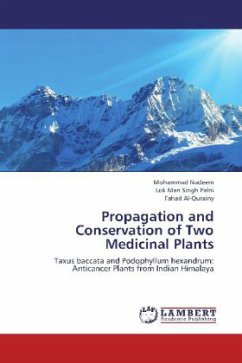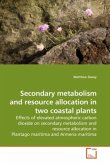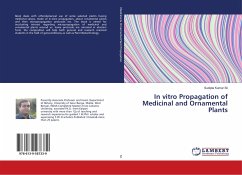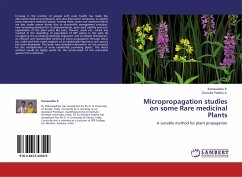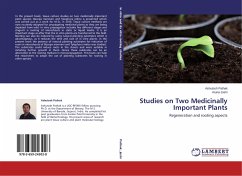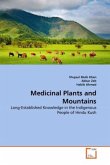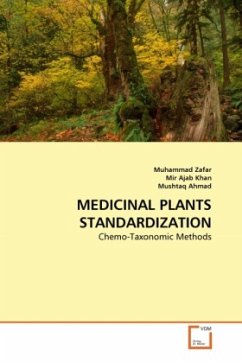Asparagus racemosus and Crataeva magna remain species with tremendous potential and although considerable work has been done to exploit the biological activity and medicinal applications of these plants, countless possibilities for investigation still remain in relatively newer areas of its function. The multiple uses of both A. racemosus and C. magna have resulted in their incessant exploitation from the wild and as a result their populations are depleting at an alarming pace. Erratic seed germination combined with destructive harvesting and habitat destruction in the form of deforestation has added to the magnitude of the problem. In the present study, we have established efficient protocols for the in vitro propagation of clonally uniform plants of A. racemosus and C. magna through axillary branching method. High multiplication rate and field survival would help in meeting the increasing demand for disease free, true-to-type superior quality plant material and this in turn would contribute to their conservation. In addition, the presence of lupeol has been demonstrated in C. magna plantlets at in vitro culture stage, after transplantation to field and in callus cultures.
Bitte wählen Sie Ihr Anliegen aus.
Rechnungen
Retourenschein anfordern
Bestellstatus
Storno

